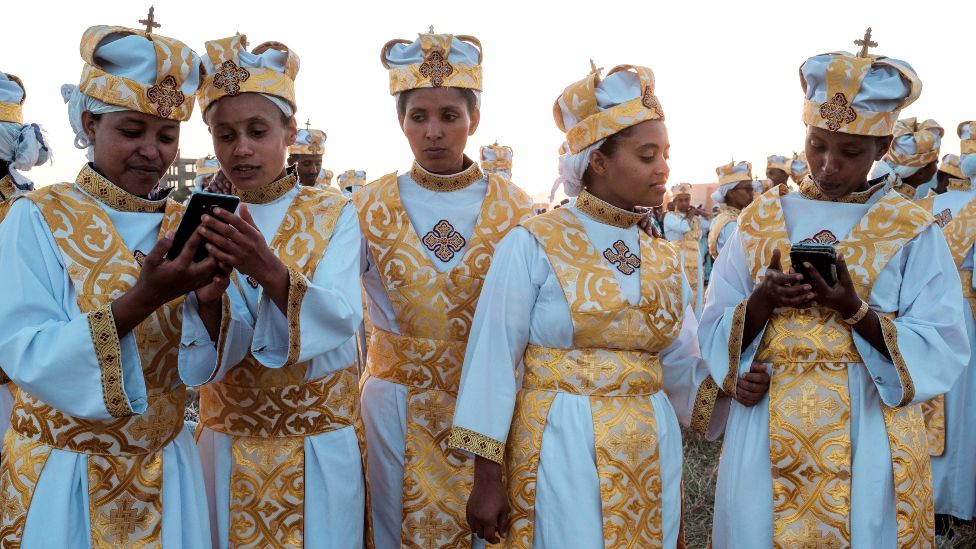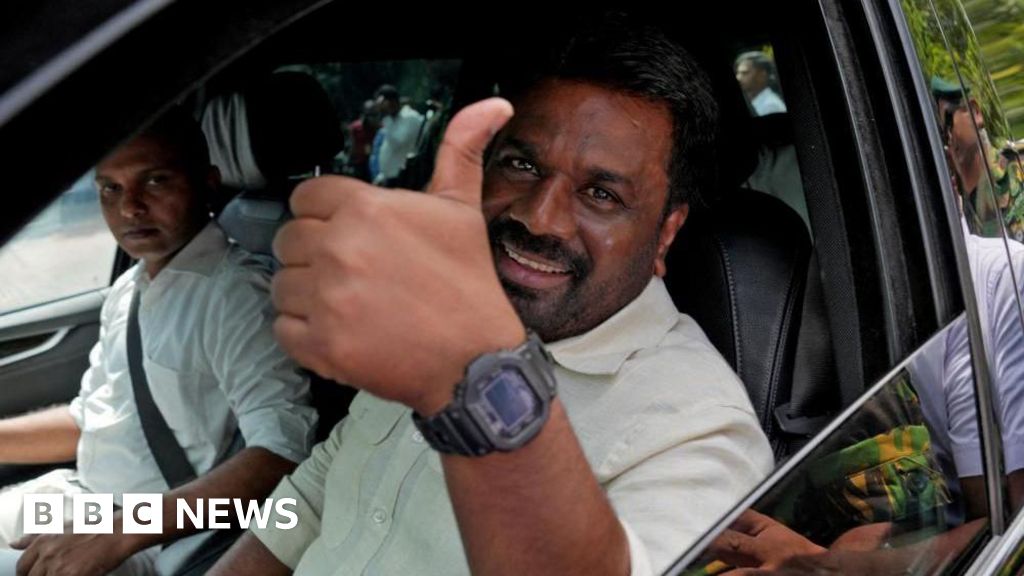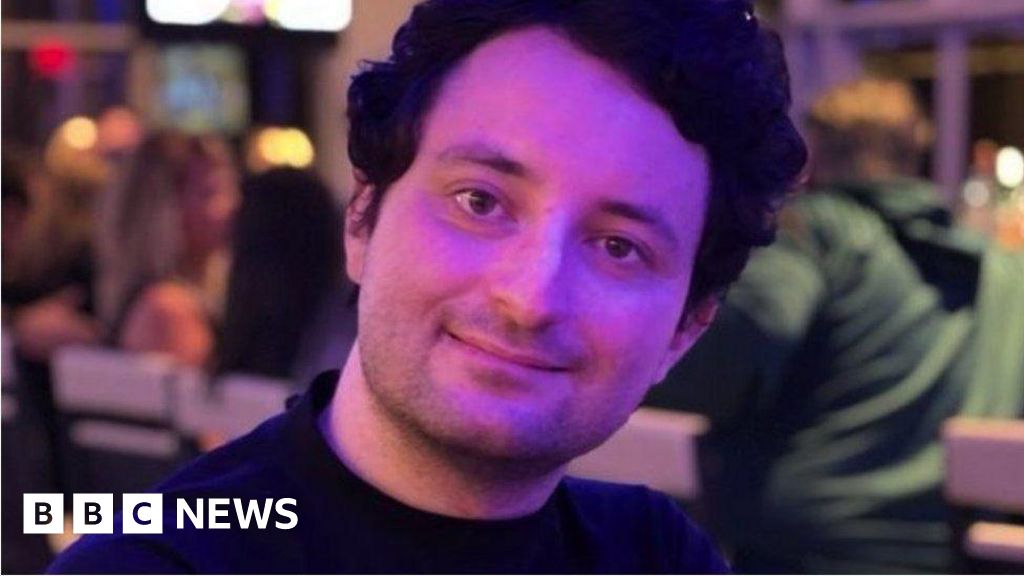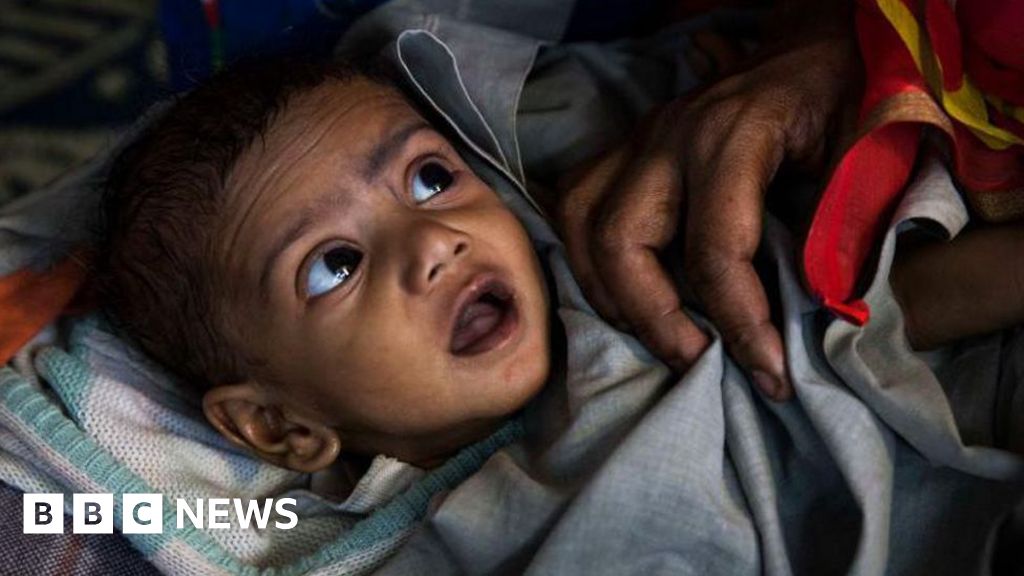ARTICLE AD BOX
 Image source, AFP
Image source, AFP
Orthodox Christians constitute 43% of the population, making them Ethiopia's largest and most influential religious group
Ethiopia has restricted social media and messaging platforms ahead of banned protests by the Christian Orthodox Church and a splinter group of clerics.
Some people online had vowed to defy the ban, angered at the authorities for halting the main church's rally in the capital, Addis Ababa, on Sunday.
Last month's split in the church - over what language services are held in - has caused deadly violence.
There are fears of a complete internet shutdown in the coming days.
It is a tactic commonly used in the country - which has a population of 115 million - though rarely in Addis Ababa.
Some areas of the northern region of Tigray, where a brutal two-year conflict came to an end in November after a peace deal brokered by the African Union (AU), remain without access to the internet.
Netblocks, an organisation that monitors internet access, said the current restrictions are affecting Facebook, Messenger, Telegram and TikTok.
Those with virtual private network (VPN) software can get on to those sites, but a total shutdown would prevent that.
The authorities have also closed schools this Friday as tension mounts over what the Orthodox Church leaders perceive as government support for the breakaway clergy.
Ethiopia is a deeply religious society and there are fears the situation may escalate further. The church is one of the oldest in sub-Saharan Africa and one of the few in the region to exist before the arrival of European missionaries.
The authorities are also preparing for the annual AU summit, which is due to be held next week.
It will be the organisation's first meeting since the Tigray deal was signed and the government will be anxious to avoid unrest in Addis Ababa, which is where the AU's headquarters is based.
What is behind the split?
Three archbishops from Oromia, which surrounds Addis Ababa and is the country's most populous region, accused the leadership of the main church of discrimination and a lack of diversity.
They say for too long the Orthodox Church has been dominated culturally by other ethnic groups. Amharic, for example, is the working language of the country, and the patriarch, its influential leader, is an ethnic Tigrayan.
The dissenting clerics said services should be held in the Oromo language - and though the main church says this happens, they say not nearly enough.
The archbishops, who have been excommunicated after setting up a breakaway synod, say they have a great deal of support in Oromia.
However the fallout may also have a political element.
Some analysts say the patriarch, Abuna Mathias, has not been on good terms with the authorities since speaking out about the war in Tigray, controversially saying that a genocide was being committed there.
Its planned rally was to show off the strength of its support. It was angered after Prime Minister Abiy Ahmed instructed his cabinet ministers to keep out of the matter, feeling the government should take its side.
Following the rally ban and the social media restrictions, it has been announced that Mr Abiy is meeting the patriarch, so tensions may ease over the next few days.
The state-linked Ethiopian Human Rights Commission has also stepped into the fray, releasing a statement on Friday accusing the security forces of using excessive force against followers of the main church.
It refers to extrajudicial killings, beatings, harassment and arbitrary arrests and says eight people were killed during religious clashes last Saturday in Shashamane, a town in Oromia.

 1 year ago
37
1 year ago
37








 English (US)
English (US)